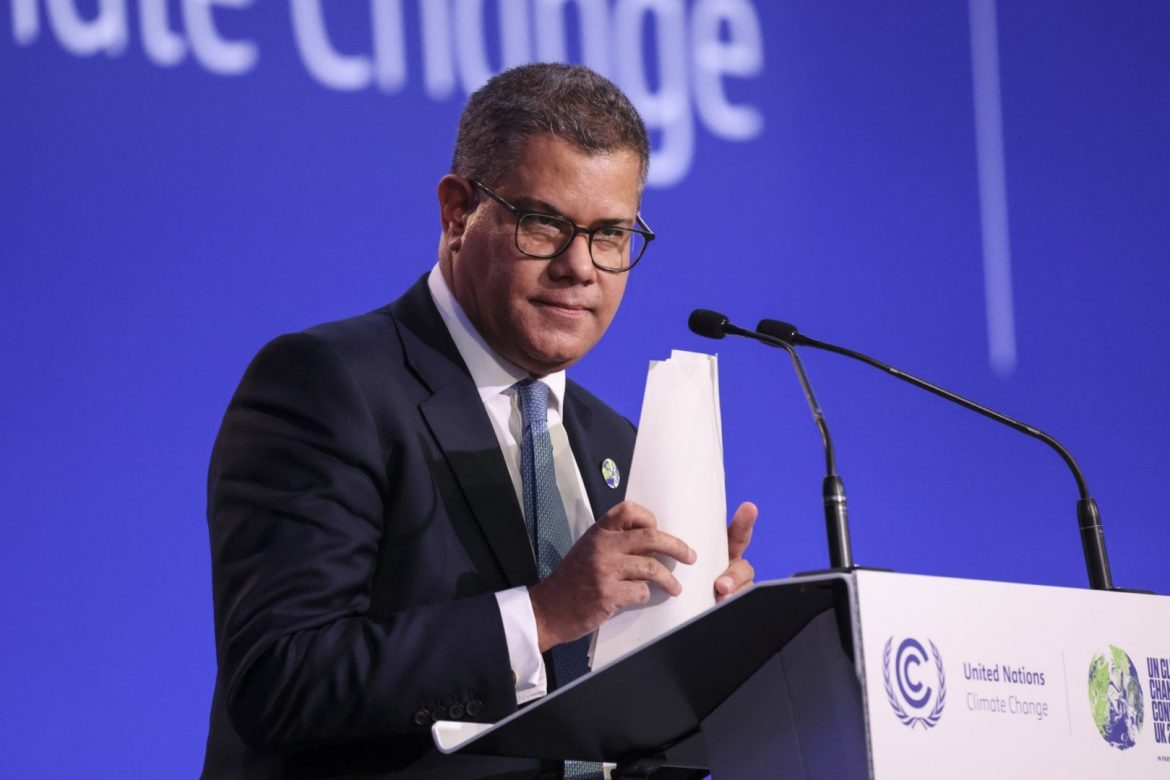COP26 President, Alok Sharma has said that collective self-interest, which had led 197 countries to sign up to the historic Glasgow Climate Pact, will also help the world tackle global warming as well as avoid its worst effects on humankind.
Sharma was speaking on Monday, January 24 at an event hosted by the international affairs think-tank, Chatham House, reflecting on the outcomes of the United Nations summit and setting out how the country plans to drive forward agreements contained in the deal.
According to him, the success of the conference was down to international leaders broadly recognising “three truths” which would impact every country on earth – that this planet is our only home and we are in danger of destroying it; inaction or delayed action on climate will create immense risks and costs; curbing warming will bring both environmental and economic dividends.
Read also: We must triple the pace of emissions cuts to meet 2030 target– German Vice-Chancellor
“In short, the climate is a space where national and global interests align,” he said. “And as a result, leaders recognised that, despite other differences, co-operation at COP26 was in our collective self-interest.”
He explained that key successes from the conference were agreements to “phase down” and end finance for coal power, targets for bigger reductions in greenhouse gas emissions in a bid to restrict warming to 1.5C and pledges to provide more money to help developing countries adapt to the changing climate.
He, however, cautioned that failure to turn commitments made in Glasgow into action would see them “wither on the vine”, adding that the focus of the rest of the UK’s COP26 presidency would be “delivery”, including working with COP27 hosts, Egypt.
“The Glasgow Climate Pact is a product of international co-operation and a practical demonstration of Global Britain in action,” Sharma said.
“All in all, there is no doubt that the commitments we secured at COP26 were historic”.
